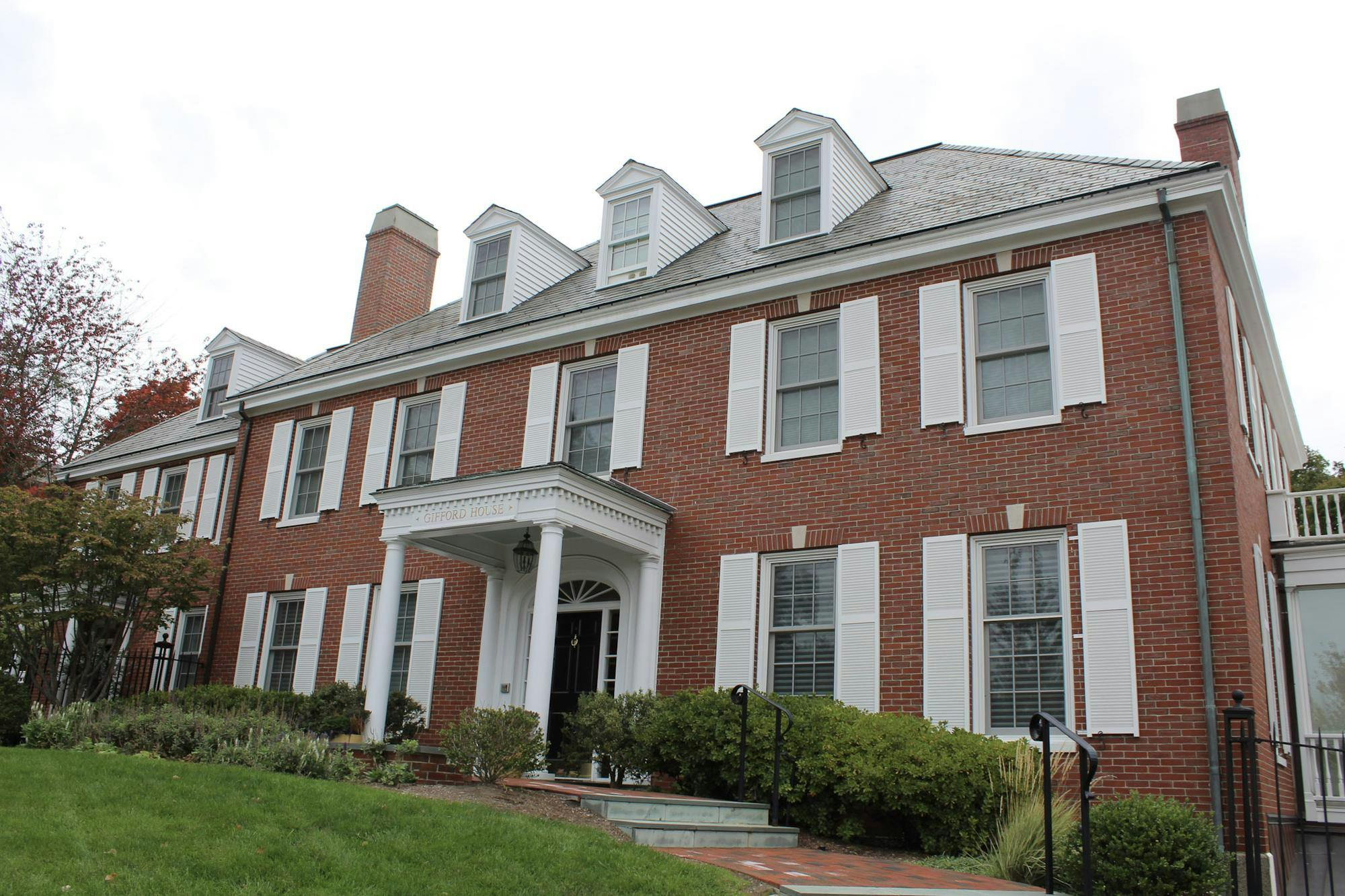Given the current political turmoil and societal tendency to attack an individual for one verbal slip-up or ill-informed decision, being the president of a university is a virtual death trap.
Often seen as the face of the university, a college president represents hundreds of thousands of students, faculty and alumni. As they make decisions and statements, they juggle both approval and morality.
Amid the ongoing Israel-Palestine conflict, University President Sunil Kumar, like many other university officials, has come under fire from various organizations for his responses. Tufts Students for Justice in Palestine has critiqued Kumar for promoting “the harmful and misleading narrative that there are two equal sides at play in this so-called ‘conflict,’” rejecting his call for dialogue and conversation. At the same time, many community members have called on Kumar and the university to strongly condemn the actions of these groups or cancel their funding. The calls of both groups suggest that the president holds moral authority in creating an environment for the next generation of global leaders. But more widely, their calls reflect three dangerous trends in American politics: the attack on free speech, an aversion to complexity and the assumption that anyone with a platform must use it.
To a certain extent, I believe the student body should be able to protest freely. At the same time, however, when group actions derail free speech, the university becomes responsible for upholding its commitment to educate “students from all backgrounds and identities in an environment that encourages open dialogue across many different perspectives.” The disruption of Tufts Community Union’s public Senate meeting through chants was an embargo on free speech and proof of the inability to deal with differences of opinion, just as police retaliation against protesters is.
Unfortunately, along with the sentiment to seemingly outlaw free speech, there is also a reluctance to grapple with complexity. Though some may label it immoral to point out complexities in this conflict, the issue cannot be resolved from a one-sided perspective. Undoubtedly, the conditions in Palestine are treacherous. The deaths, hunger and sanitation issues that plague the Palestinian people are saddening. Though the Iron Dome has mostly protected the Israeli people, the fear and loss since Oct. 7 in a country founded as a homeland for the Jewish people is also saddening.
Blanket statements only increase existing tensions, further dividing and disengaging people. To ignore Hamas’ role in the conflict is to push for a group that fails to provide for its civilians. Similarly, when people defend Israel’s current leadership, they excuse Israeli Prime Minister Benjamin Netanyahu’s dictatorial claims — like his attempted judicial sidestepping, as well as his rejection of a Palestinian state. We can only begin to understand the deep-rooted issues and look toward a future solution by acknowledging these complexities.
In a world where even pop stars like Beyoncé are expected to address global issues, we should resist the tendency to deem anyone with a platform as the source of morality. University presidents should not be called on to make political decisions but rather should equip their students to be critical, moral bearers of discussion and news. It is neither Kumar’s responsibility nor his job to take a deterministic stance on a conflict happening across the globe. That is not to say that Kumar should blindly dodge his way around the current politics, but rather act as he has — acknowledge the complexities and address victims on both sides. Kumar and the university should continue to take stances against all forms of hate without politicizing the matter. As Kumar himself declared in a video to the Tufts community, “We should speak out most forcefully against all forms of discrimination and bias that have grown in the recent months, including antisemitism, Islamophobia and anti-Arab sentiments.” The line between hate and free speech often gets blurry, yet we do our best to suppress the first while promoting the latter.
With a diverse community of both Jewish and Arab students, each contributing a range of nuanced perspectives, Tufts is the perfect place for ongoing conversations about the conflict. Kumar and the university have advocated open conversation. I hope they continue to do so, to help us break the echo chamber and learn from one another. If we cannot hold civil conversations, how can we expect any future of peace between those actively living in the conflict?






